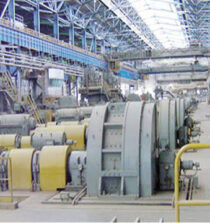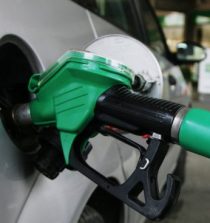Helen Reid – London
Formerly skeptical investors are buying back into oil majors in the hope that upcoming results will mark a turning point for energy stocks which have failed to keep pace with a surge in crude prices.
Oil stocks could begin to close that gap if results live up to lofty expectations, with Goldman Sachs predicting the strongest free cash flow figures in a decade for the sector.
Oil is the best-performing global asset this year, with Brent crude up 11.4 percent since January, but energy stocks have continued to lag the commodity. While Europe’s oil and gas sector is the best-performing year-to-date, it still has a way to go to catch up with crude.
The gap between returns from Brent crude and from MSCI’s global energy index from the start of 2017 has widened to 25 percentage points. For investors who put money on a revival in oil stocks a long time ago, the wait has been taxing, and baffling.
“We had an overweight all through last year, it was horrendous,” said John Surplice, European equities fund manager at Invesco Perpetual.
“They underperformed the market even though fundamentals have improved quite dramatically. I struggle to answer the question why they’ve been so poor until the last few weeks,” he added.
The correlation between WTI crude and share prices has fallen from 90 percent in 2017 to just 36 percent so far this year, according to PVM analyst Tamas Varga, perhaps signaling investors’ lingering doubts about oil companies’ ability to translate higher crude into better shareholder returns.
Surplice still has a big overweight in oil and gas, a sector he considers defensive despite many investors remaining skeptical. “Cash flows are growing rapidly, dividends are very good and you’re starting to get some buybacks,” he said. The fact higher oil prices have not yet trickled down into shares leaves a lot of room for gains.
With oil prices currently at $74 a barrel, Europe’s exploration and production firms are pricing at a long-term oil price of just $52 per barrel, Barclays analysts estimate.
Senior management at big oil companies is also aware they still have to put their money where their mouth is for the shares to begin recoupling with the commodity.
Source: Reuters









